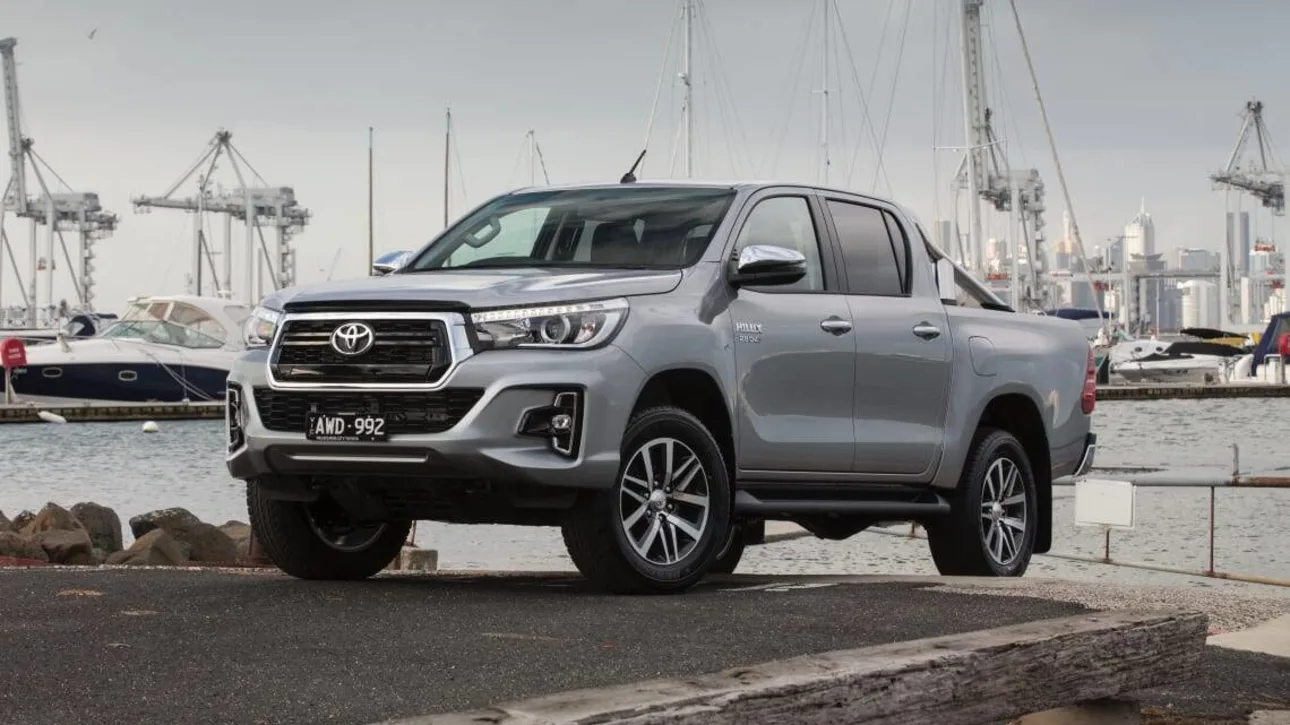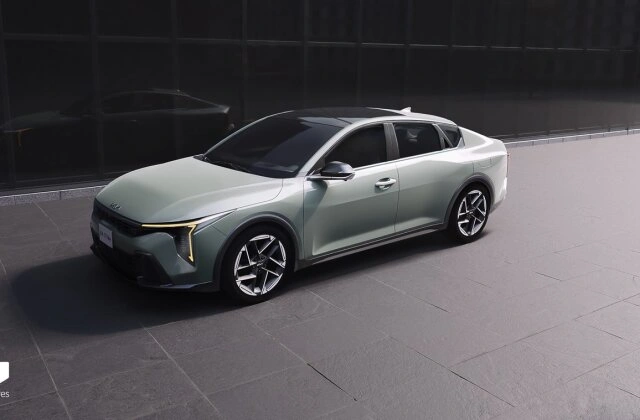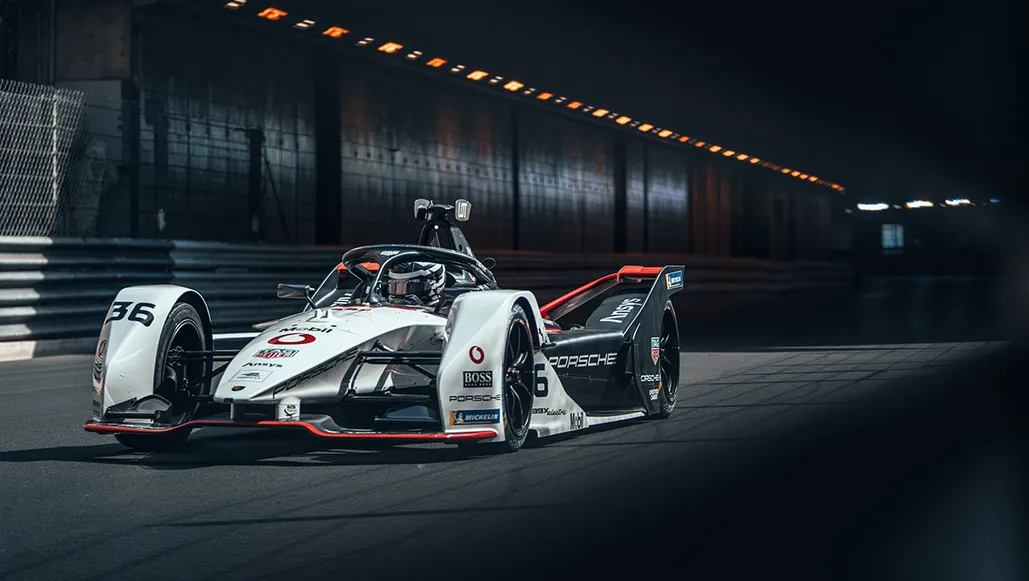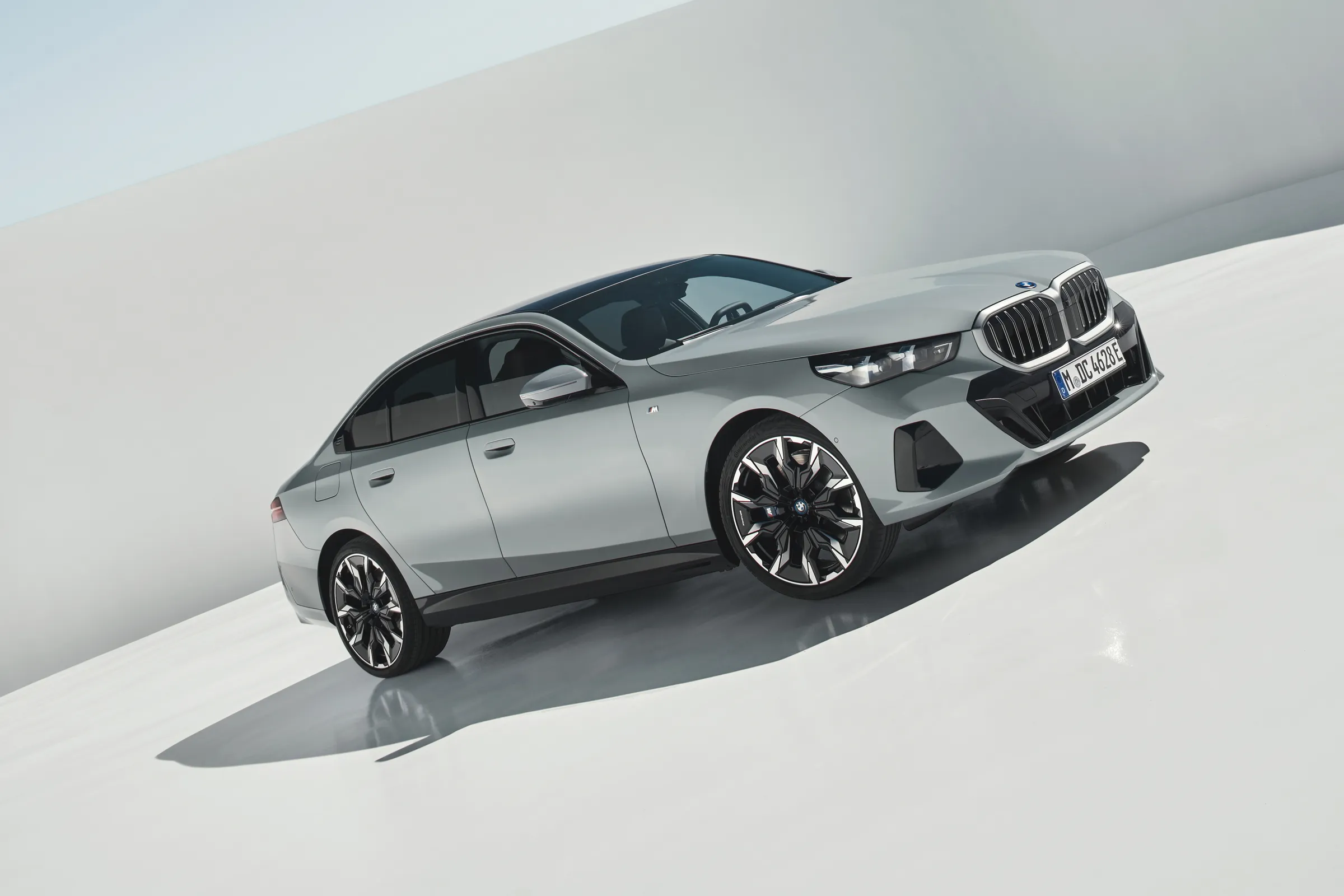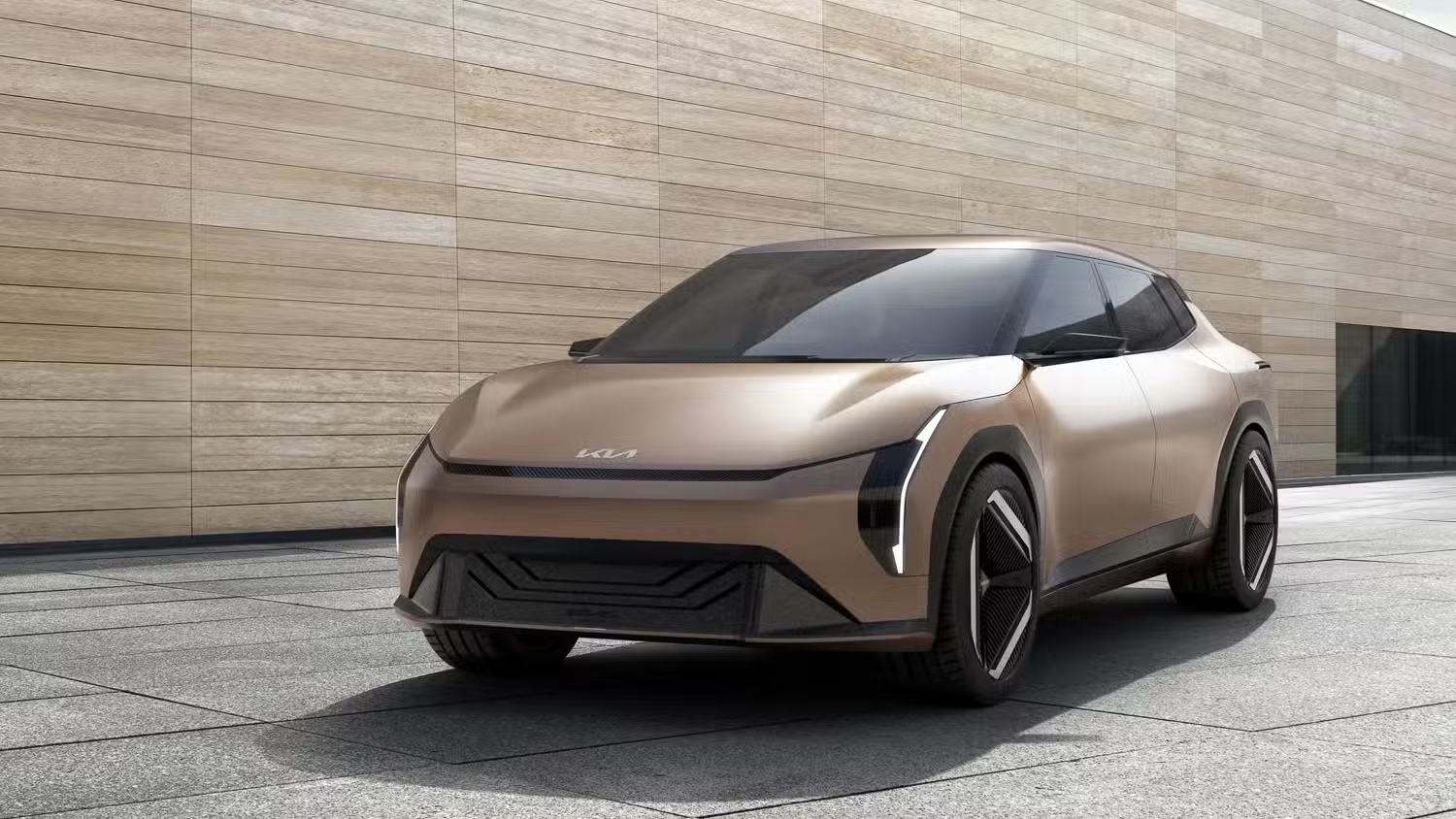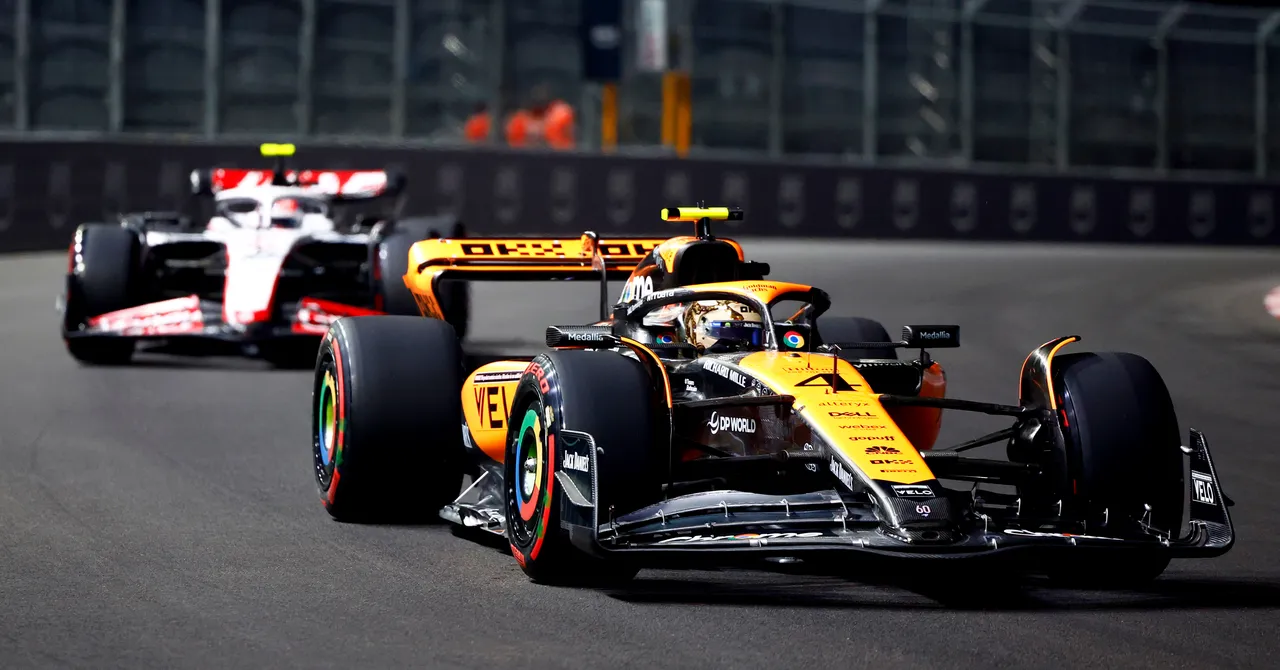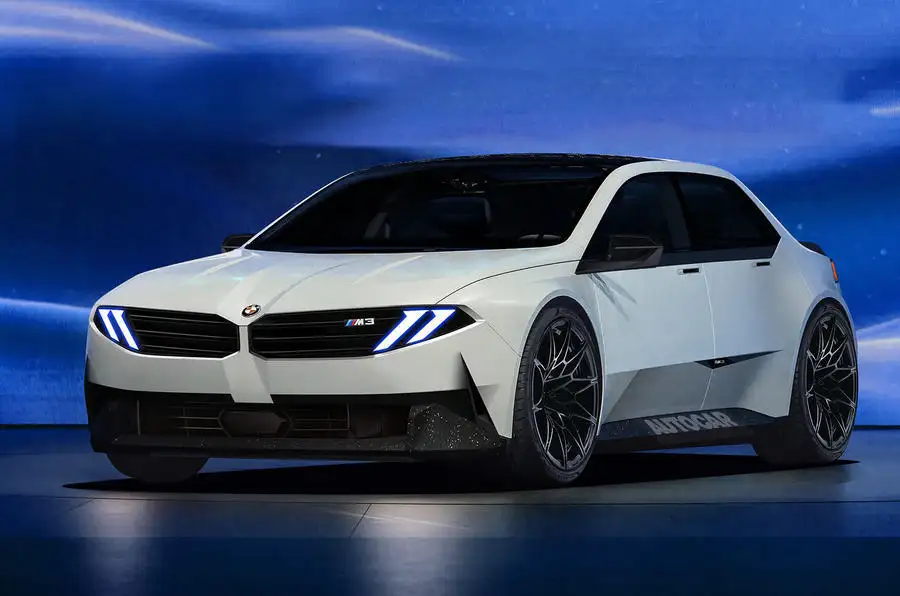After achieving an all-time best yearly result last year, new car sales in Australia saw rise for the tenth consecutive month and a new record in January. Analysts predict a decrease despite yet another record-breaking month; they believe that the fall in demand that started early in 2023 is getting closer to matching supply.
89,782 new cars were delivered in January 2024, according to data released by the Federal Chamber of Automotive Industries (FCAI), the trade association for automakers. This is a 5.8% increase over the 84,873 sales recorded in the same month the previous year.
But at this same time last year, the auto sector was experiencing a quarantine crisis that, as of early February 2023, left over 60,000 cars delayed on ships while they were being cleansed of any biosecurity risks like seeds and bugs and offloaded.
Cars for sale

According to the final rankings for the 2023 calendar year, Ford posted exactly the same number of sales as it did a year ago (6624) to take third place, largely thanks to the Ranger 4x4 (4334) and the associated Everest large SUV (1176). Mazda, on the other hand, came in second with 8165 sales in January, a 13.2 percent decrease from January 2023.
Nevertheless, with the popular Outlander SUV and the new Triton truck from Mitsubishi, together with the established Japanese brand Hyundai, Kia, and South Korea all vying for a top-three spot, 2024 will be a year to watch attentively.
Hyundai came in fourth place (6612, +6.1%), Mitsubishi came in fifth place (5911, +12.0%), and Kia came in sixth place (5707, -5.0%) in the first round. MG and GWM ranked seventh and ninth, respectively, leaving Isuzu Ute in eighth place (3758, +40.7%) and Subaru in tenth place (3068, -14.8%) to fill the remaining spots in the top 10.
Good start to 2024, but there are impending storms
incredibly sturdy The record market result in January was driven by Australian buyers' fondness for SUVs and utes, with high-riding wagons accounting for 55.5% of total sales and light commercial vehicles for 22.9%. 18.3% of sales were made up of passenger cars.
All of these numbers start in January 2023, but there are a few important market categories to keep an eye on this year, such as the rise in compact passenger vehicles as demand for new models like the MG4 and BYD Dolphin EVs picks up and supply of the popular Toyota Corolla and Hyundai i30 becomes better.
After a weaker January when battery-electric vehicles made up just 5.4% of the entire market (4893, +0.8%), a flurry of new electric vehicle launches scheduled for 2024 should help sustain the robust surge in EV sales.
Top 8 cars as of January 2024:
- Ford Ranger – 4747
- Toyota HiLux – 4092
- Isuzu D-MAX – 2541
- Toyota RAV4 – 2211
- Mitsubishi Outlander – 2077
- MG ZS – 1888
- Toyota Corolla – 1843
- Toyota Prado – 1746
The top 8 brands as of 2024:
- Toyota – 17,903
- Mazda – 8165
- Ford – 6624
- Hyundai – 6612
- Mitsubishi – 5911
- Kia – 5707
- MG – 4006
- Isuzu Ute – 3758
Conclusion
VFacts January 2024 provides valuable insights into the current state and future trajectory of the automotive industry. From the adoption of electric vehicles to the integration of advanced technologies, the sector continues to evolve rapidly. By embracing innovation and sustainability, automakers can capitalize on emerging opportunities and shape the future of mobility.
FAQs
Q. What is VFacts?
Ans: VFacts is a monthly report that provides detailed analysis and statistics on the automotive industry, including sales figures, market trends, and consumer preferences.
Q. Which vehicles are trending in January 2024?
Ans: Electric vehicles, SUVs, and pickup trucks are among the top-selling vehicles in January 2024, reflecting a diverse range of consumer preferences.
Q. How are emerging technologies impacting the automotive sector?
Ans: Emerging technologies such as connectivity, autonomous driving, and electrification are transforming the automotive industry, leading to innovations in safety, efficiency, and sustainability.
Q. What role does sustainability play in the automotive industry?
Ans: Sustainability is increasingly important in the automotive industry, driving the adoption of electric vehicles, renewable materials, and eco-friendly manufacturing processes.
Q. What can we expect in the future of the automotive industry?
Ans: The future of the automotive industry will be characterized by continued innovation, with electric and autonomous vehicles playing a prominent role in shaping the transportation landscape.
